The 12 Things You Need to Know Happened at the Toronto International Film Festival

- Oops!Something went wrong.Please try again later.
The Toronto International Film Festival (or TIFF if you're cool) is the world's largest film festival, but unless you're an industry insider, an entertainment journalist or a Canadian, you most likely weren't screening movies in the 6. However, the festival, which runs over ten days and screens over 200 films, is one of the year's most important events in the film community. Oscar campaigns are born (or in some cases die), buzzy fall films get their first round of reviews and acquisition titles are snatched up by big studios and distributors. Needless to say A LOT is going on.
Related: 14 Must-See Movies Coming to Theaters This Fall
Luckily for you, Parade went to TIFF so you didn't have to, and we're reporting back all the info and trade secrets you need to know. As the festival wraps up and announces their award winners, here are the 12 things that happened at 2023 TIFF you should know about.
Highlights from the 2023 Toronto International Film Festival

Matt Winkelmeyer/Getty Images
1. Guillermo del Toro welcomed audiences on opening night
Traditionally, TIFF is a star-studded affair with the casts of 200+ movies swarming King Street in downtown Toronto. This year, however, due to the WGA and SAG-AFTRA strikes, films were short on actors/writers to walk red carpets/do Q&As/give interviews. That left the PR teams scrambling to find producers/directors/athletes/musicians/really anyone they could get their hands on to promote instead. At the opening night screening of Hayao Miyazaki's The Boy and the Heron, the festival turned to Oscar-winning director Guillermo del Toro to pump up the crowd. The Shape of Water director welcomed viewers to the festival and praised the Japanese animation master.
2. The return of the Bulgari ad (now with clapping)
Two of the biggest stars at the 2023 TIFF were not even in Canada. Anne Hathaway and Zendaya returned for the second year in a row via the Bulgari ad that played before every screening at the festival. Especially for those who'd purchased ticket packages, after ten days the "Zathaway" ad and its jaunty music were embedded in the mind. This year, however, someone early on started clapping along to the ad, and for the remainder of the festival, loud audience clapping (often off-beat) accompanied the screen queens. Hopefully they'll be back in person for 2024.

Courtesy of TIFF
3. Anna Kendrick established herself as a director
Perhaps out of happenstance and perhaps as a way to woo big named stars to the festival under the moniker of "director," TIFF programmed numerous films this year by actors-turned-directors like Kristen Scott Thomas, Michael Keaton, Ethan Hawke and Chris Pine. While many of these projects languished under bad reviews, the breakout hit was Anna Kendrick's Woman of the Hour. The film, based on a real time that a serial killer went on a dating show, received rave reviews (especially for Kendrick's directing), and was acquired by Netflix for $11 million in one of the biggest sales of the festival.
Related: The Best Movies of 2023 (So Far)

Courtesy of TIFF
4. Nickelback launched their comeback
Despite massive popularity in the early 2000s, the rock band Nickelback has spent the last decade as the butt of the joke rather than at the top of the charts. The Canadian hitmakers, however, are having a resurgence thanks in part to TikTok, and the comeback is officially on thanks to their documentary Hate to Love: Nickelback. Not only does the doc show the band members to be generally lovely people, but it also questions why exactly the general populous decided to hate them in the first place. After the screening, I did in fact google, "Nickelback Tour New York."
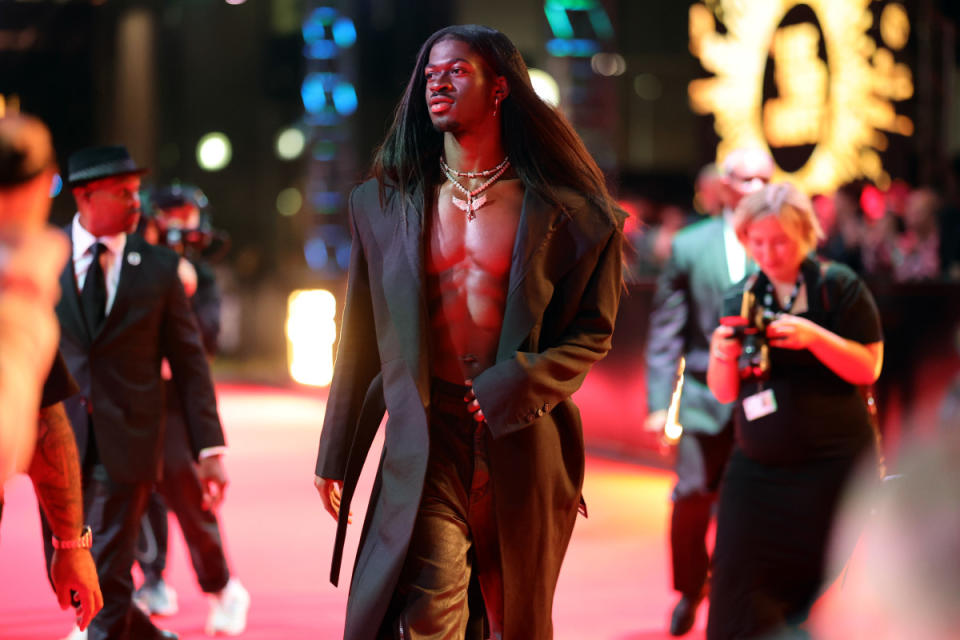
Matt Winkelmeyer/Getty Images
5. Lil Nas X became the star of the festival (despite a bomb threat)
Another of the festival's massive non-SAG-AFTRA celebs was hip-hop artist Lil Nas X, who also made an appearance to support a documentary. Lil Nas X: Long Live Montero premiered at TIFF, highlighting the meteoric rise of the Georgian. The screening, however, started late after a bomb threat was called in for the film's red carpet. Variety reported the story stating that the caller was attempting to get the screening cancelled out of homophobic prejudice against the LGBTQ+ musician.

VALERIE MACON/Getty Images
6. Nicolas Cage and Jessica Chastain were two of the only actors present
Due to the SAG-AFTRA strike, most actors steered clear of TIFF this year because the strike rules dictate that members are not allowed to do press for films. However, since the SAG-AFTRA strike is on AMPTP (the organized bargaining arm of the major studios/streamers), SAG-AFTRA has handed out waivers to certain independent films/films without distribution/films from smaller production companies like A24 who have agreed to the contract terms so actors can promote those projects. Two such films were Dream Scenario and Memory which star Nicolas Cage and Jessica Chastain respectively. The two were some of the buzziest stars to walk the TIFF red carpet this year, certainly elevating the status of their films among the dearth of talent present.
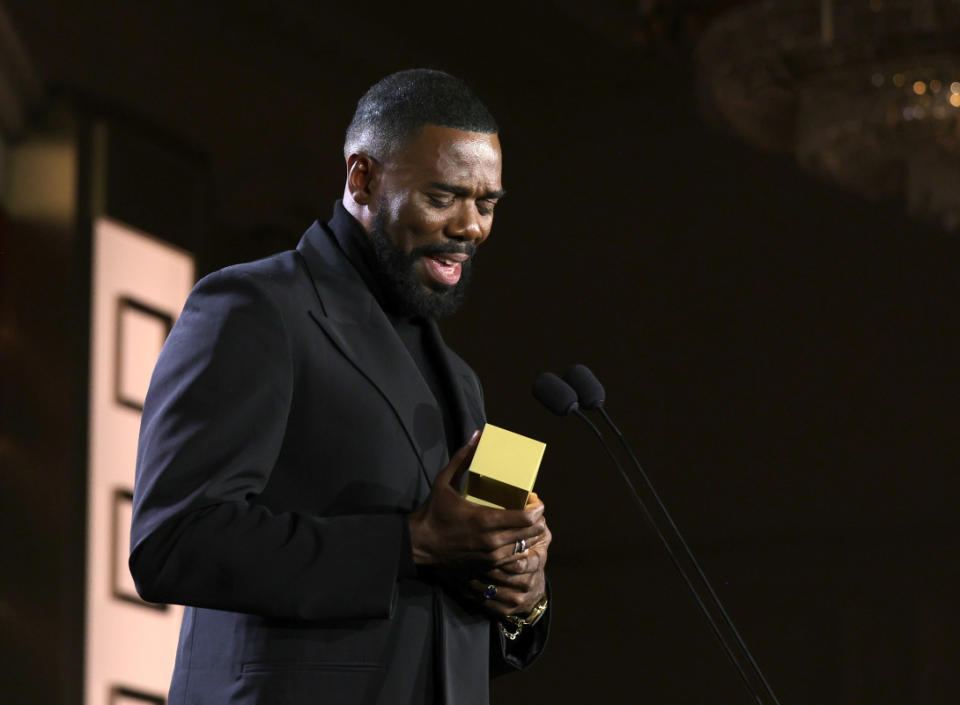
Michael Loccisano/Getty Images
7. A four-minute-long standing ovation for Colman Domingo
Every year TIFF also hands out a number of TIFF Tribute Awards to members of the film community. Traditionally these are presented to figures with films at the festival, but since the SAG-AFTRA strike prevents actors from doing press for those films, TIFF had to get a bit creative this year. Despite Colman Domingo being an Oscar favorite for his Netflix film Rustin, he was presented with a Tribute Award largely for his work in a tiny indie film Sing Sing that was also at the festival. Rustin was nowhere to be seen on the press release. At the awards ceremony, however, the goodwill towards Domingo's Rustin performance and support of his long career was made apparent during a four-minute-long standing ovation. While European festivals are known for their long bouts of clapping, TIFF is not, so this was a big deal.

Courtesy of TIFF
8. American Fiction became the breakout hit
While plenty of films arrive at TIFF with high profile status, either from their premieres at previous festivals or the big names attached, American Fiction, an adaptation of a novel about the literary world, began its festival run humbly. The Jeffrey Wright vehicle directed by first-time filmmaker Cord Jefferson, however, became the festival's hottest ticket. Rave reviews left audiences scrambling to snatch up tickets and TIFF even added an additional screening of the film.
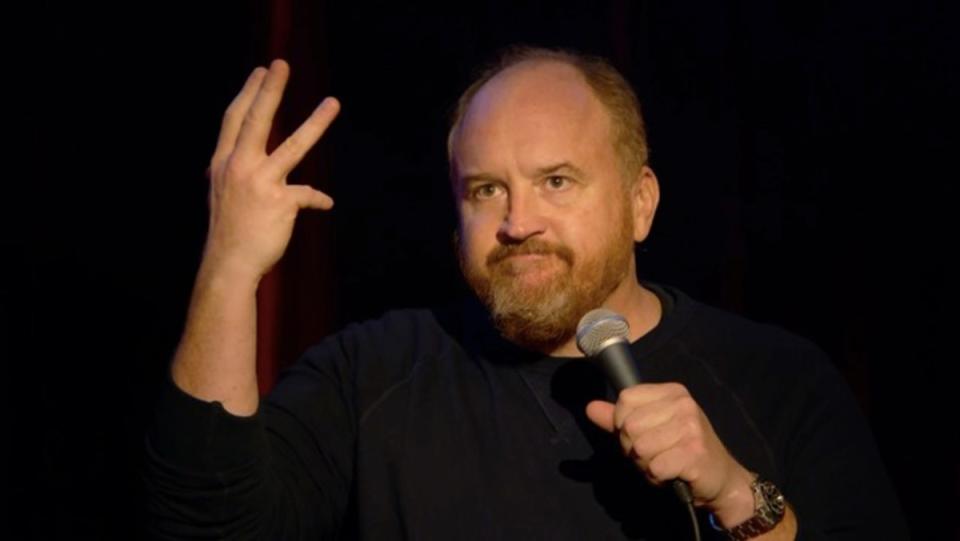
FX
9. A new doc puts Louis C.K. and other male comedians in hot water
One of the buzzier documentaries to come out of TIFF was the New York Times' Sorry/Not Sorry, which focuses on the sexual misconduct of comedian Louis C.K. The comedian was "cancelled" during the #MeToo movement for masturbating in front of a number of different women in the comedy scene, but has since made a defiant resurgence. The documentary, told from the perspective of the women, not only calls out Louis C.K., but also the entire, very-male world of comedy with its very-male gatekeepers. The most interesting aspect of Sorry/Not Sorry is its reveal that his misconduct had been an open secret for years before the NYT finally broke the story, and yet the powers that be allowed his career to continue. One especially damning scene involves Jon Stewart mocking a young man at a Q&A for bring up the allegations.

Courtesy of TIFF
10. Some Oscar campaigns revved up
TIFF, along with Telluride, Venice, and New York, is an important early stop on the awards season path to the Oscars. Despite the lack of stars, many awards narratives began to coalesce, and some films solidified themselves as solidly in the hunt. Among those that performed well were the Annette Bening biopic of swimmer Diana Nyad, NYAD, Ava DuVernay's Origin, and the Colman Domingo vehicle Rustin. Plenty of international contenders including Anatomy of a Fall, Perfect Days, and The Teacher's Lounge also performed well.
Related: Academy Award Contenders from 2023 That You Can Already Watch
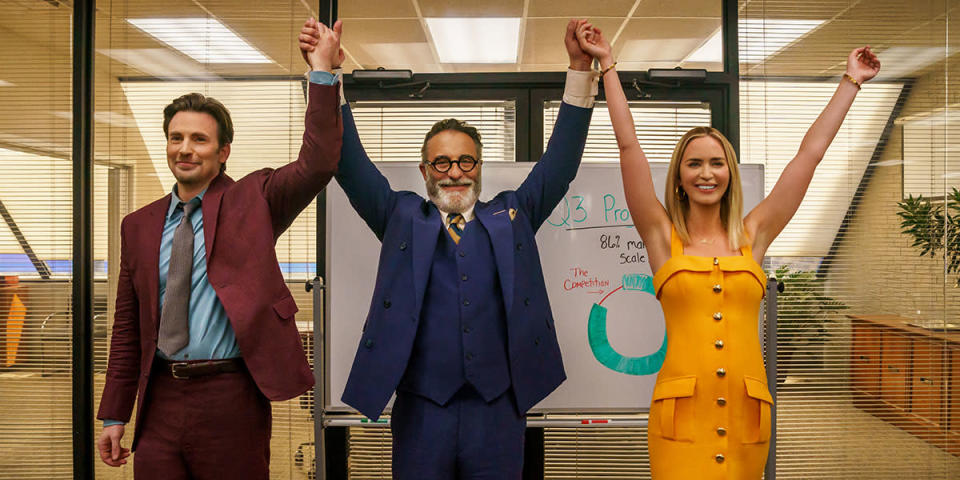
Courtesy of TIFF
11. Others fell apart
On the flip side, some films that entered TIFF with Oscar dreams seemed to fizzle quickly. The pharmaceutical con-man drama Pain Hustlers starring Emily Blunt and Chris Evans got poor reviews, and despite audiences loving Taika Waititi's Next Goal Wins, it also struggled to find love from critics. Also on the chopping block were the Kate Winslet vehicle Lee, Kristin Scott Thomas' North Star, and Michael Keaton's Knox Goes Away.
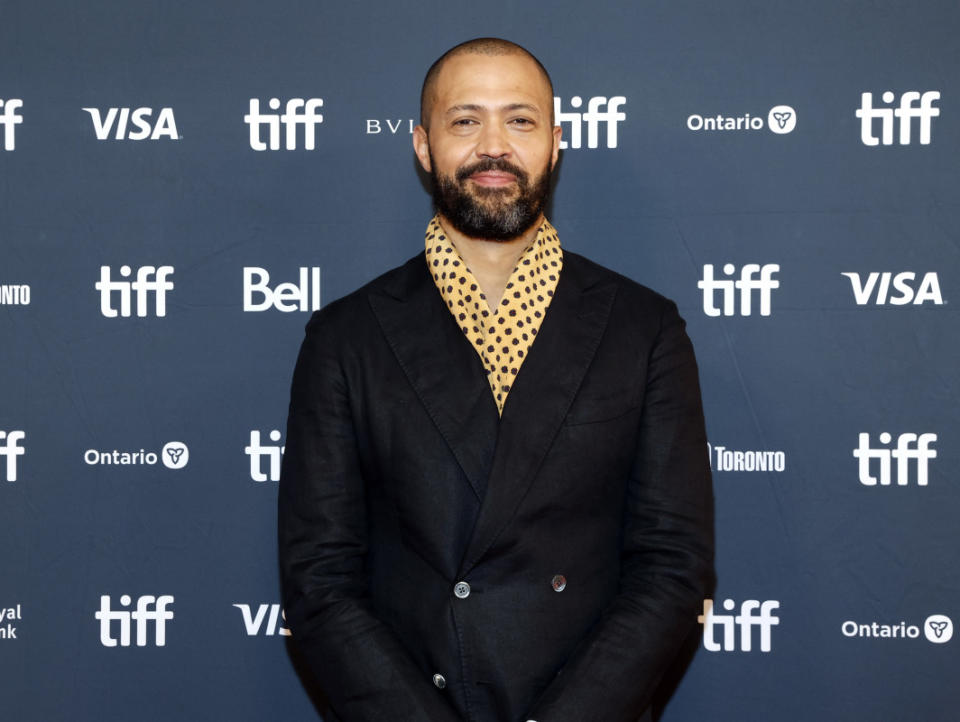
Robin Marchant/Getty Images
12. The Audience Prize goes to...
Throughout TIFF, audiences have the opportunity to vote for their favorite films, with the highest vote collector taking home the coveted TIFF People's Choice Award. The prize in recent years has become a bellwether for the Oscars race with the first place finisher nearly always breaking into Best Picture. This year the top prize went to Cord Jefferson's American Fiction, which came into the festival as an underdog. The first runner-up is Alexander Payne's The Holdovers with Hayao Miyazaki's The Boy and the Heron taking third place.
Next, Everything We Know About the 2024 Oscars, Including Important Dates

